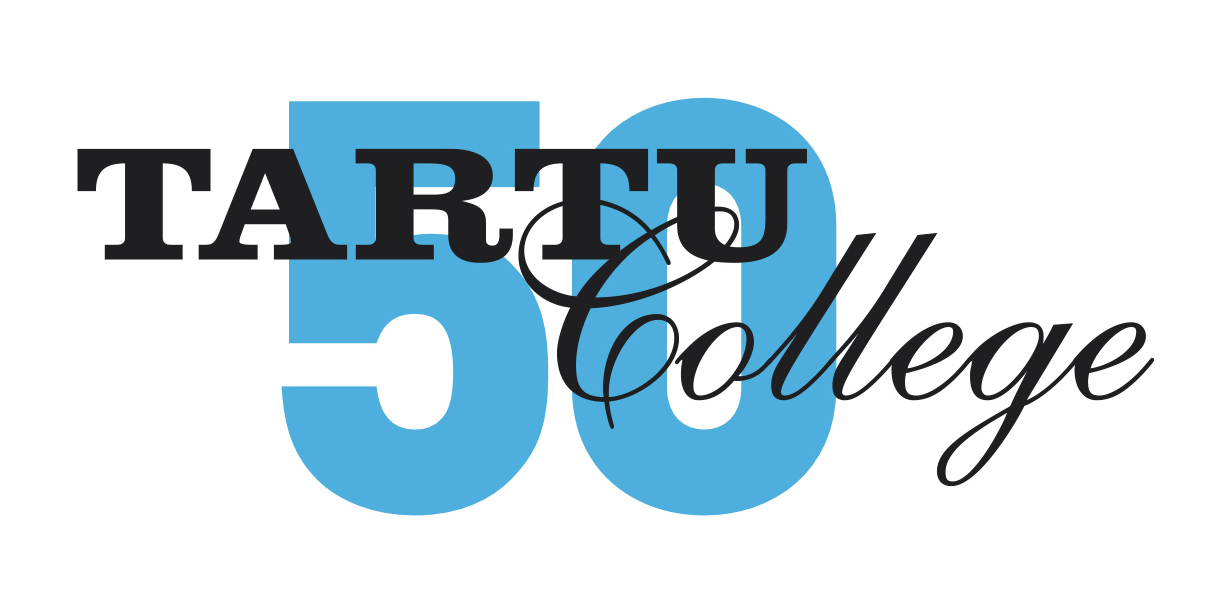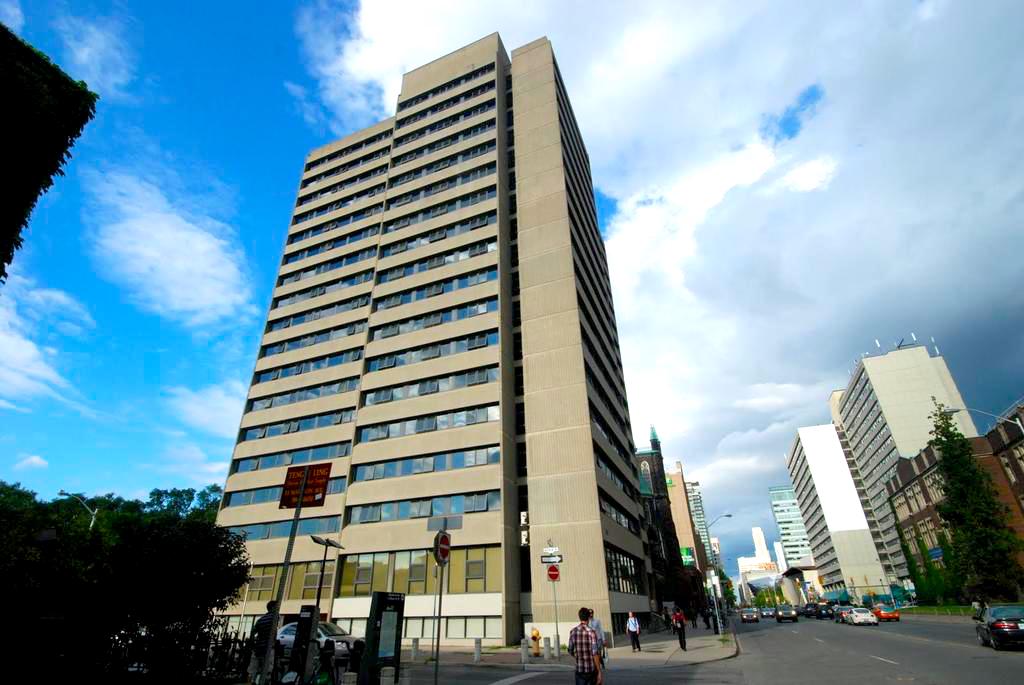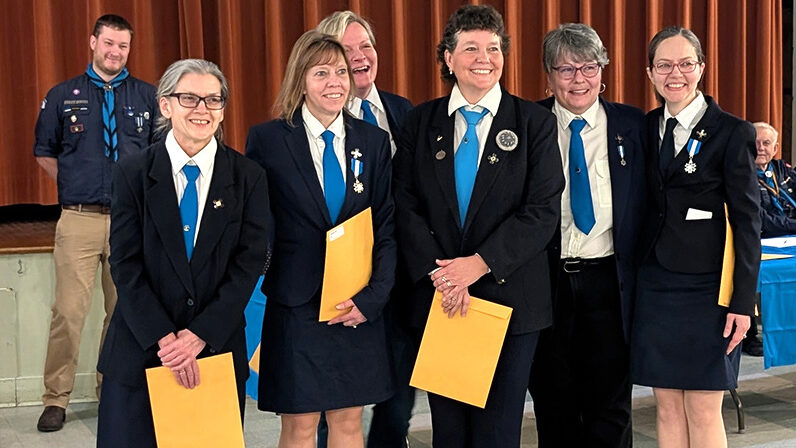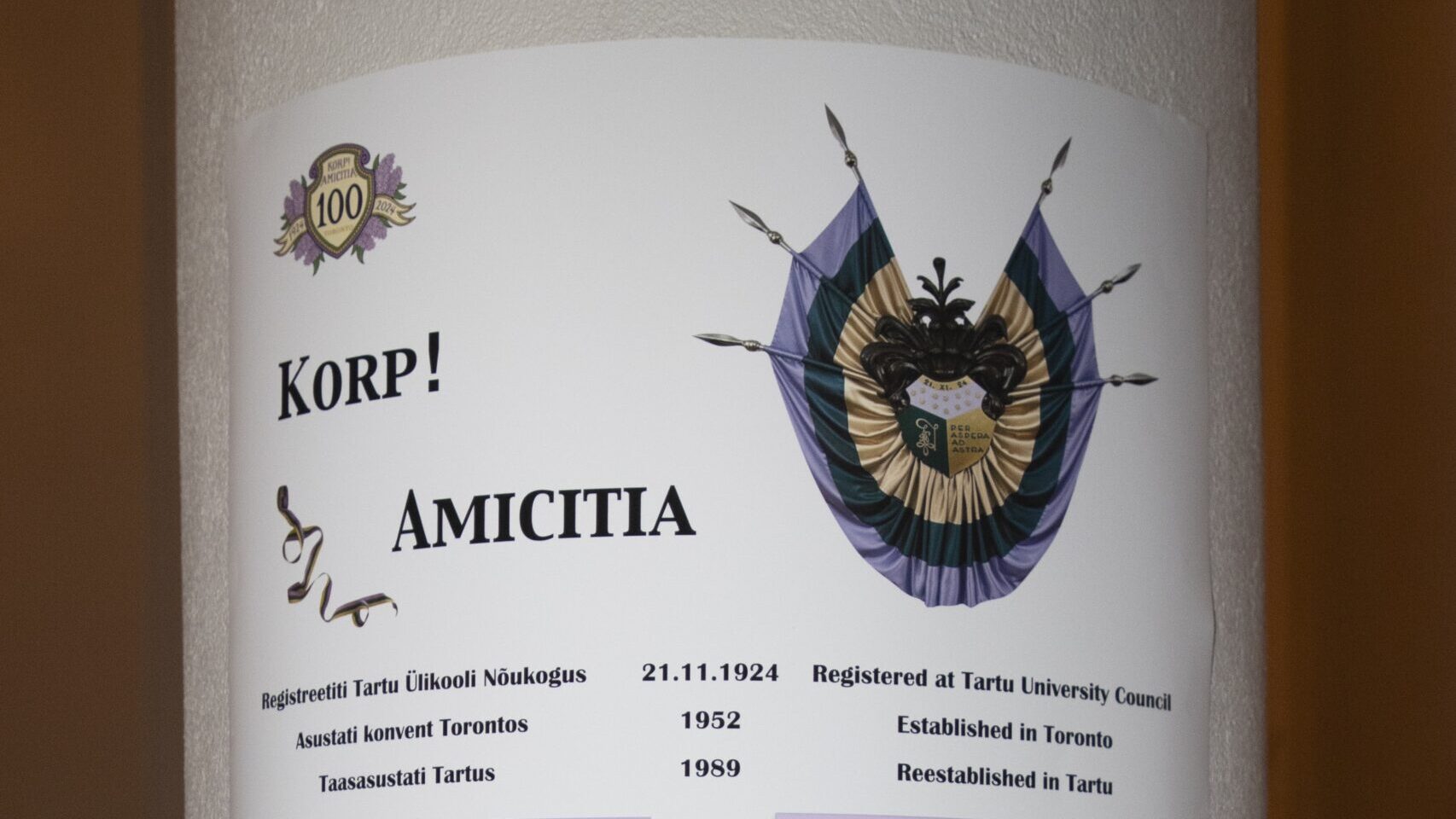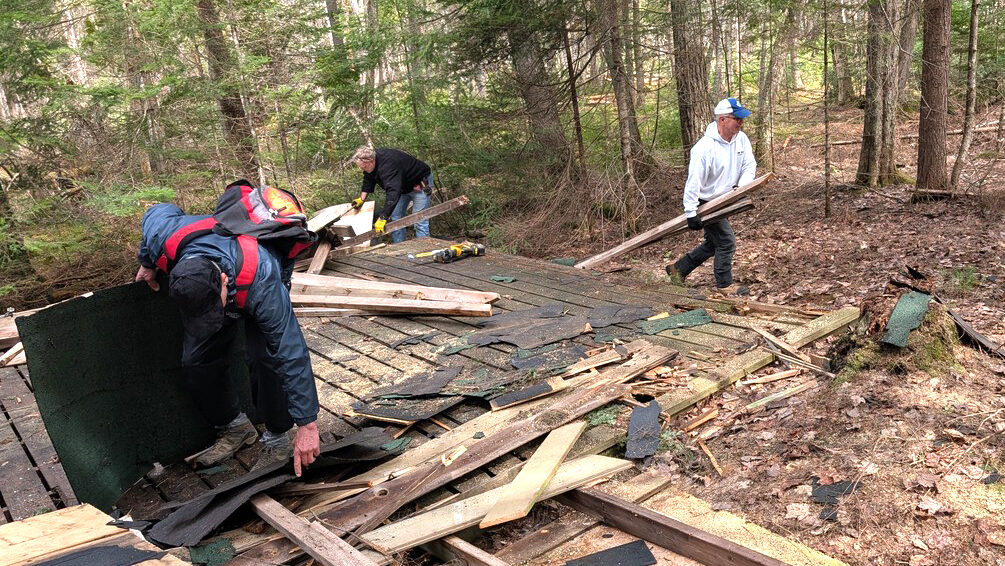Jaan Meri, Chair of the Board, has noted that this year has been the most challenging of his entire 11 year tenure. There are many unknown factors that are difficult to forecast. As Tartu makes a majority of its revenue from its student residence, the biggest and most obvious question was how many students will live in the residence this September.
Tartu is currently booked for autumn. But how many people will reside in the end is a question that we don't have a definitive answer to. University of Toronto President, Meric Gertler, has stated “The University of Toronto is preparing for a gradual, safe return to our campuses, with as much on-campus activity as is practicable, sensible, and safe… Plans are being developed for a fall term that mixes smaller, on-campus courses, seminars, labs, and experiential learning, with larger online and remote courses and lectures.” If other universities and colleges in Toronto follow suit, then even students without lab courses will have reason to be nearby, as they take part in smaller seminars. But this is not optimal for learning. A one-dimensional university and college experience, without normal socializing and networking, could trigger a decrease in the number of students entering higher education and living in residences, at least for the next year. Jaan believes that the way programs continue is something that the provincial government will have to provide input on.
If there is a second wave of this pandemic, how can residences like Tartu College respond? It's a matter of learning on the go, observing how others act, and listening to the recommendations of the Ontario government and the University of Toronto.
The residence has been impacted beyond the academic year from September to April, however. During the summer months, Linda Karuks has successfully marketed English as a Second Language courses in Toronto. Tartu College has contracts with several schools from Latin America, for example. In the summer of 2019, there were some months where Tartu had an average of around 80% capacity. This has brought in a lot of revenue. This year, that capacity is at about 25%. In response to that, Linda has found $370,000 of financial support from the Government of Canada this year, to offset some of these losses.
Tartu has a long-term strategy in making capital improvements to the building. This includes both infrastructure and suite renovations, with the goal to renovate all of the suites. Air conditioning is being added to all rooms that are renovated. The elevators were completely replaced in the past five years. This is all achieved by borrowing money and ensuring that finances are in good shape. Last year, Tartu College reached over five million dollars in revenue, which was a new high. The Tartu College Executive Committee, made up of four people from the Board, carefully monitors the monthly cash flow and budget, so that action can be taken if changes need to be made. For example, with the future being uncertain, cash and credit has been measured prudently and renovations have stopped for 2020.
Above all, Tartu College's main goal has been to ensure that their employees are safe. Employees are only going into the Tartu office as required. Personal protective equipment and hand sanitizer are used. Temperatures are taken of employees and contractors who enter the building. When cleaners go into a suite, they knock on the suite door and tell the residents that they are there, so that residents will move into their rooms and self isolate during the cleaning period.
Communication with employees and residents is paramount, to make everyone aware of what has to be done. At the moment, there are no known cases of COVID-19 at Tartu College.
The closure of Tartu's event and meeting spaces, which continues until June 15th and may continue for longer, has impacted community events. Estonian organizations like Amicitia, Vironia, and Filiae Patriae are having regular Zoom meetings, with numerous people on at once. There might be more of those to come, as the size of gatherings is limited. Tartu College, the Estonian Studies Centre, and the Chair of the Estonian Studies Foundation are all affected by this.
While most of Toronto has progressed to “Stage 2”, where groups of 10 are allowed to congregate, the GTA will do so at a later date. Even when we do reach further stages, we could be in a position where seating in the main hall has to be two metres apart, and visitors have to wear masks.
If you do go to Tartu College in the coming future, it's important that you follow the procedures that are requested of you. Try to take part in virtual gatherings; and soon enough, hopefully we'll be ready to celebrate Tartu College's 50th year in person.
Written by Vincent Teetsov
